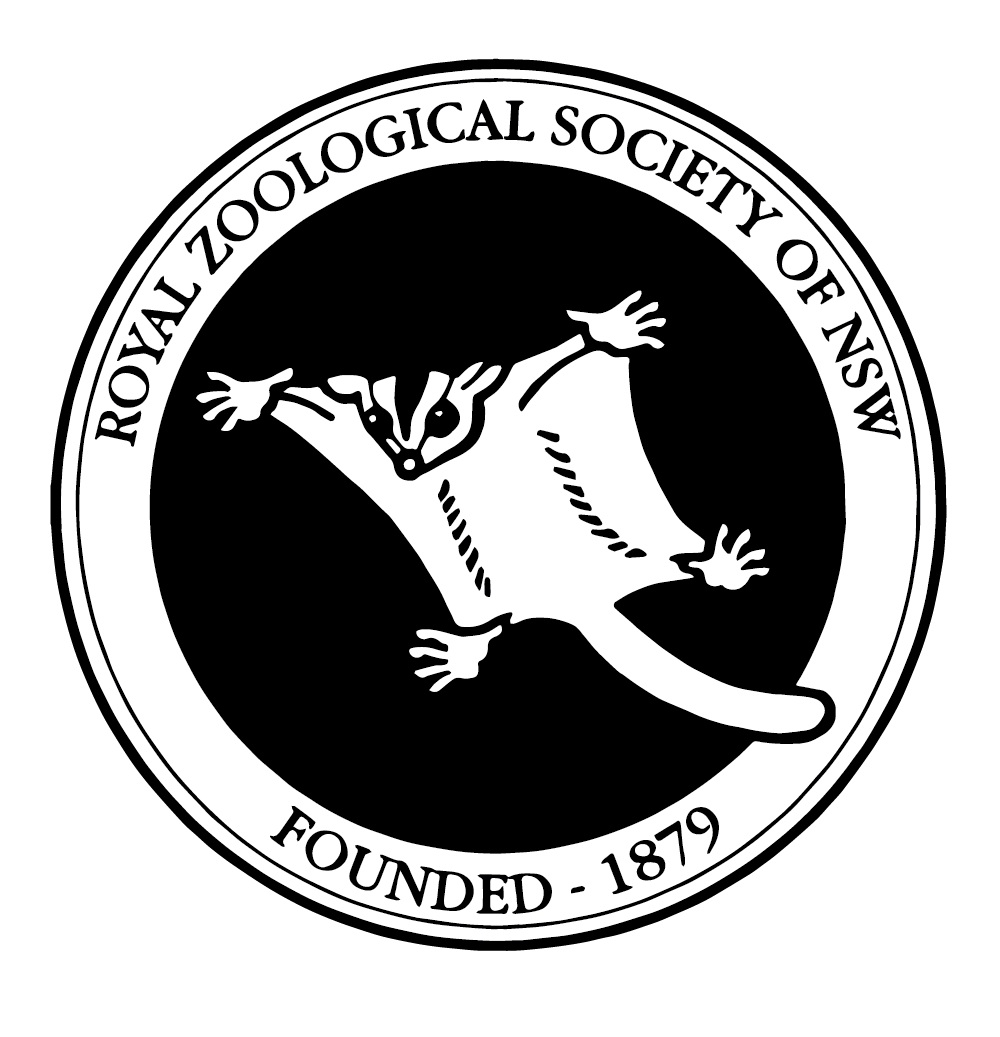Menu
Log in
| The Royal Zoological Society of NSW aims to promote and advance the science of zoology and protect, preserve and conserve the indigenous animals of Australasia and their associated habitats |
Australian Business Number (ABN) : 31 000 007 518 | © 2024 Royal Zoological Society of New South Wales |
Powered by Wild Apricot Membership Software

